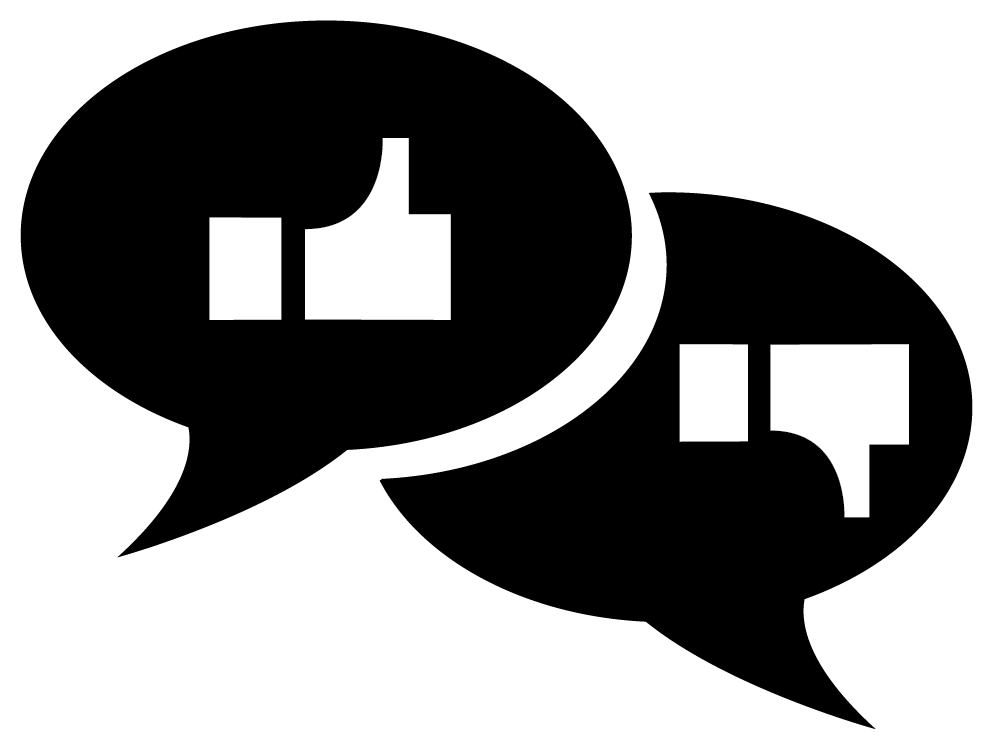In early 2010, Samsung Electronics woke a sleeping dragon with the release of the Galaxy S, a smartphone that is attributed to launching Samsung Electronics as a substantial competitor in the world of smart phones. Apple Inc., who had previously monopolized the industry, saw blatant thefts of iPhone technology and filed the first of two U.S. based lawsuits in 2011, starting a patent war with the South Korean-based production Samsung Electronics giant. According to Forbes Magazine writer Dave Thier, the companies have spent an estimated $20 billion on U.S. patents alone, so it is not surprising that they are willing to fork over the cash to protect their intellectual property. This fight for whose horse is bigger has negatively affected the consumer: Instead of focusing on destroying a competitor, all parties would benefit from directing their energy and funds toward developing new technologies that have the potential to change the world.
It has been very difficult to keep up with the antics of both companies, as this legal battle extends across the world, and no one seems to be winning. Courts in South Korea, Japan and the U.K. ruled in favor of Samsung Electronics. Contrarily, Apple Inc. has won hearings in Australia, Germany and the U.S. Courts in Holland, Italy and France have either changed their ruling following appeals or have refused hearings for the conflict that now spans 50 countries.
Most lawsuits call for the termination of sale of the specific device; however, this rarely succeeds, and, in the occasional case that it does, the device has become old and outdated and is no longer sold on the market anyways. Thus, hundreds of thousands of dollars are being poured into a bottomless cup, and the consumer, like most of DU’s students, do not benefit in the least.
Samsung Electronics, a company that only “dabbles” in smartphones, also makes skyscrapers, chemicals, ships, medical equipment and much more, has surpassed Apple Inc. in sales in recent years, though many attribute this to the Android operating system released by Google Inc., according to Information Week. 78% of all smartphones on the market now are Android phones.
The smart electronics market, valued at $338.2 billion last year by Bloomberg Magazine, has exponentially grown over the last several years, leading to innovative technologies and a more connected world. Companies such as Nokia Corp., Sony, Microsoft Corp., Motorola and LG have poured billions of dollars into technology research, releasing programs, apps and electronics that have benefited almost every field. In medicine, programs allow doctors to live stream the vitals of their patients. In science, chemists were able to install air-monitoring programs and document how much carbon monoxide and nitrogen dioxide the average citizen of San Francisco was exposed to on a daily basis. Without healthy competition in the market, these advances would not have been possible for many more years, and many of the features enjoyed by the average DU student with a smartphone would not be possible.
Now, however, and for the last several years, smart technology growth has substantially slowed down, bringing with it a deceleration of sales worldwide. According to Thomas Reuters Corp., in 2012, Apple Inc. shares tumbled more than 6 percent in a single day, clocking in at the biggest loss in four years. Samsung Corp. has been reporting losses for the last several quarters, drawing concern from the South Korean government, as Samsung Corp. accounts for about a fifth of the total South Korean exports. BlackBerry sales plunged in 2013 and HTC Corp. earnings dropped almost 40 percent in a year.
While the decline could be attributed to many factors, a substantial portion of the blame can be placed on the increase of legal activity among high tech companies. In the last five years, Microsoft Corp. has sued Google Inc., Apple Inc. sued everyone, Microsoft Corp. sued HTC Corp. and Motorola, and sued Google Inc. (winning $4.5 billion).
This increase in legal activity has called for an increase in Intellectual Property (patent) Lawyers. In the United States alone, 15 percent of all job openings in the legal field are for patent lawyers, but only 3 percent of all lawyers have such degrees. To an extent, this is beneficial for the U.S. job market; however, long term, tech companies are hiring more lawyers than they are inventors or scientists, thus releasing less innovative technology.
Most of the cases mentioned are still under appeal, including both U.S. cases between Samsung Electronics and Apple Inc. This speed means that the iPhone 6 and the Galaxy 6S will only be under legal surveillance sometime in 2017, years after newer models have replaced them. This also means that companies now care more about existing patents than they do about creating new patents. An example of this is when Apple Inc. spent $2.6 billion to buy a share of a patent portfolio, $200 million more than it invested in its own development. Imagine paying an exorbitant amount to someone to write an essay for you, but at the last minute, the professor chooses not to grade it.
In the patent system, slow and steady does not win the race, and the consumer suffers. Technology like the groundbreaking Kinect came out much later than expected because of the desire to patent every wire and connection.
It is understandable that companies want to protect their intellectual property, but pouring billions of dollars into courts all over the world with competitors who are equipped and ready to do the same is not the way to go about it. We would all be better off if the next new breakthrough was indeed a breakthrough and not just a phone that is one-fourth of an inch longer than the last model.











